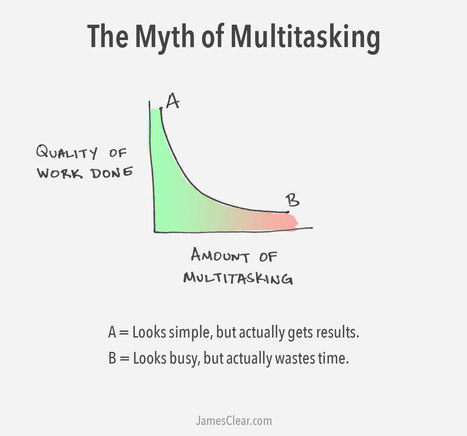To examine the effects of organizational multitasking more rigorously, Realization, a provider of Flow-based Planning and Execution systems for engineering and projects, studied 45 organizations with between 1,000 and 50,000 employees with an average annual revenue of more than $1 billion from a diverse range of industries – including automotive, aerospace and defense, aviation, energy, semiconductors, software and pharmaceuticals – that consciously implemented measures to reduce multitasking in their organizations.
The results speak for themselves. The organizations were much more productive. The mean increase in throughput was 59.8 percent, while the median increase was 38.2 percent. In addition, organizations finished projects faster after organizational multitasking had been reduced. The mean cycle-time reduction was 35.5 percent, while the median cycle-time reduction was 31 percent.
“Our study clearly demonstrates the massive impact that organizational multitasking is having in many different industries, and the real tragedy is that most of the organizations that suffer from it don’t even realize that it’s happening,” said Sanjeev Gupta, CEO of Realization. “Everyone appears to be working very hard, but in fact, they are spending a lot of their time simply spinning their wheels, switching from task to task, without ever having the time to finish something before another ‘urgent’ item is put on their plate. Organizational multitasking can be addressed, but first, managers have to recognize the problem.”
Via Miloš Bajčetić



 Your new post is loading...
Your new post is loading...













